International Shipping: What are Customs, Duties and Taxes?
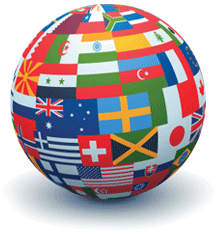 If you are selling products online and you are not yet selling to international markets, you are missing out on an easy opportunity to grow sales. eMarketer estimates that global e-commerce sales will reach $1.5 trillion in 2014! And they expect the international sales to grow at least 15% EACH YEAR through 2017.
If you are selling products online and you are not yet selling to international markets, you are missing out on an easy opportunity to grow sales. eMarketer estimates that global e-commerce sales will reach $1.5 trillion in 2014! And they expect the international sales to grow at least 15% EACH YEAR through 2017.
International buyers want U.S. products and buying directly from the source is usually much cheaper than buying from a retailer in their own country. 68% of ALL E-COMMERCE SALES in 2014 will occur outside of the U.S.!
And while many sellers think selling to international markets is hard due to Customs Forms, language barriers and longer shipping delivery periods, sellers are usually surprised to see how easy shipping overseas is.
Check out the recently published articles on how to get started:
In this week’s article, we discuss some other important topics to be aware of when selling to international markets.
 |
Customs Fees: Customs Fees are a cost that the host country charges to manage the flow of goods in and out of the country. All products go through Customs before going to the buyer, and there is a fee associated to manage this process. For e-commerce sales, the BUYER typically is aware of this fee and is the responsible party for paying the fee. |
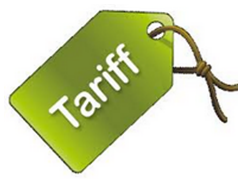 |
Duties/Tariffs: Similar to Customs Fees, Duties/Tariffs are a type of tax placed on value of item, plus freight and insurance by country. Duties/Tariffs are designed to protect local businesses and industries in the host country. While there are some exceptions, the BUYER is the responsible party to pay the Duties/Customs fees. |
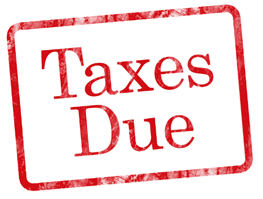 |
Taxes: Taxes are not charged by every country, and they can vary based on the value of the product. This is an additional fee that a local government such as state, province or city, charges for delivering the package into their region. Similar to Customs Fees and Duties/Tariffs, the BUYER typically pays the fee. |
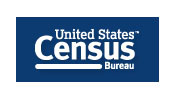 |
International Transaction Number (ITN): The ITN is a requirement from the U.S. Postal Service if the product you are shipping is over $2,500 in value. You can get the ITN number for your product at the US Census site. In order to get the ITN, you must first file a document using the Electronic Export Information (EEI) form. Once the EEI form is processed and approved, you will receive your ITN which should be included with your shipping documents. |
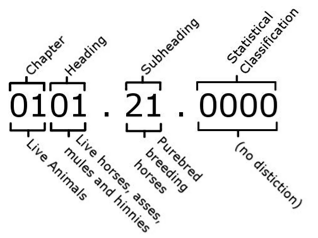 |
Harmonized Codes: Harmonized codes are another important issue. These are a standardized set of numbers developed by the World Customs Organization to process customs quicker. They are built for commercial shippers that send a lot of the same product. HS codes can speed up the customs processing time, so it’s a good idea to use them. Get more info on Harmonized Codes. |